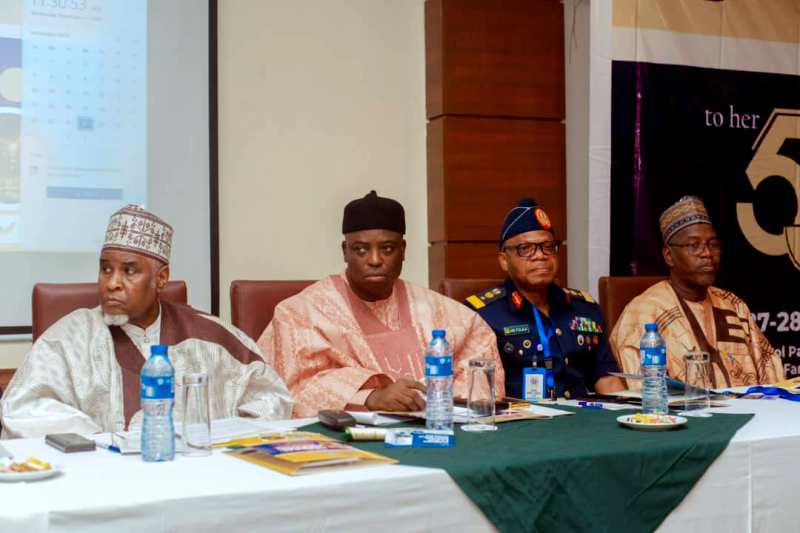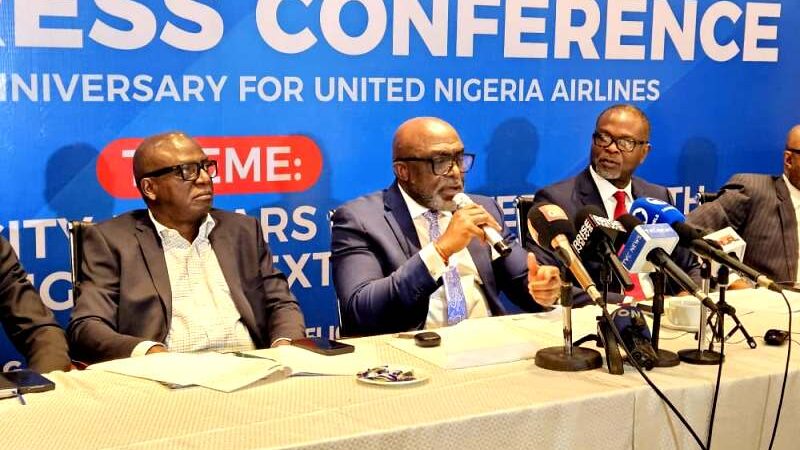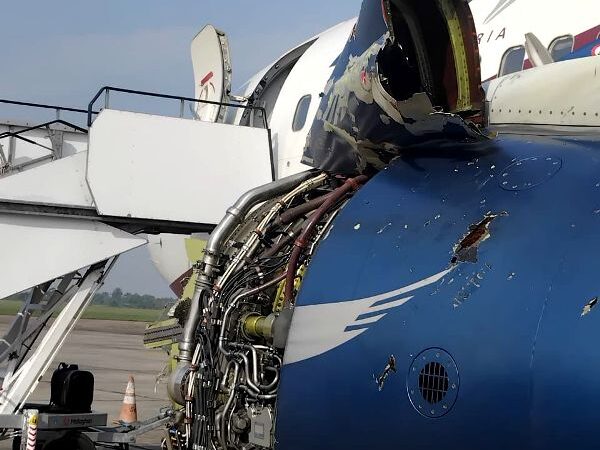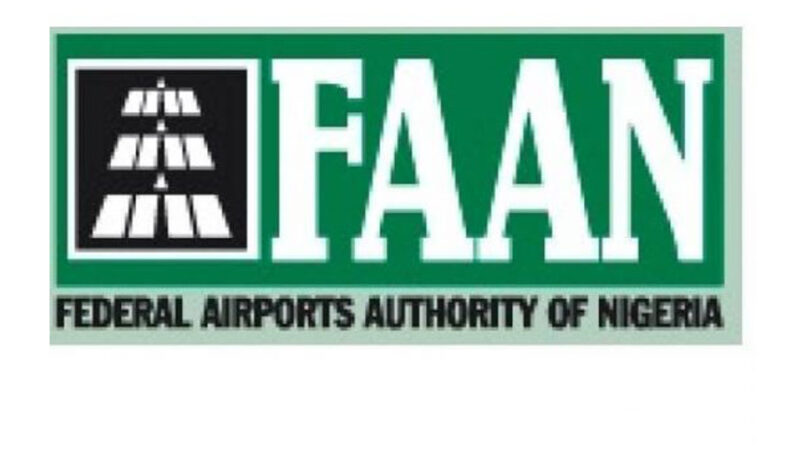AON President Seeks More Investment In ATC, Training

President of Airline Operators of Nigeria (AON) and Chairman of Azman Air, Alhaji (Dr.) Abdulmunaf Yunusa Sarina (FSAN) has advocated “for greater investment in the area of training, welfare and working environment of Air Traffic Controllers across board at all our installations nationwide.”
Speaking at the 53rd Annual General Meeting of the Nigerian Air Traffic Controllers Association (NATCA), held on November 27-28, 2024 at Bristol Palace Hotel, Kano, Sarina said “it is worthy of note that the Management NAMA has made significant progress in raising the quality and standard of ATC Personnel in the area of training, however much more still needs to be done to provide personnel with a conducive working environment.
While we acknowledge the efforts by various Managements in the recent past, we will not fail to put on record that the situation is still far from acceptable compared to that of global standards.”
He further stated that “NAMA should immediately commence the development and rollout of a Wide Area Augmentation System (WAAS) in line with international best practices for the seamless transition to the Future Air Navigation System (FANS), whilst retaining the terrestrial based system as backup” adding that “it is a well known fact that a lot of work has been done to develop ATC in Nigeria, but it is imperative that this momentum is not lost in order for the country to realise its full potential.
We must adopt policies and take pragmatic steps to promote infrastructure investment, manpower development by way of training and re-training of ATC personnel, the development of harmonised business-friendly policies and a renewed and constant focus on upgrading our systems and procedures for improved air safety.”
He called on the Management of Nigeria Airspace Management agency to “embark on the immediate employment of more AIR Traffic Controllers with the procurement of their requisite training, in order to address the spiraling acute shortage of trained manpower for safety, efficiency and increasing the operating window for the airlines nationwide.
Furthermore, at the heart of achieving a sustainable agenda in aviation is robust staff welfare and a conducive working environment. The quality of output generated from a system is only as good as the quality of tools to work with and the working environment in which staff operate.”
Sarina further explained that “the quality of Air Traffic Professionals we have in the country is a function of the quality and standard of training they receive. In the same vein therefore, Sustainability of the Renewed Hope Agenda in Aviation depends to a large extent on having a pool of well trained and highly motivated workforce that delivers the highest level of service that is globally accepted and in line with ICAO Standards and Recommended Practices (SARPs).
Aside from adequate and quality training of Air Traffic Controllers, there is also the issue of having them in sufficient numbers to man the various Air Traffic Installations around the country. Where this is lacking, it poses a threat to air safety due to the various human factors that could arise from such a trend as a consequence.”
The theme of the conference was “Sustainability of the Renewed Hope Agenda in Aviation: The Imperative of Manpower Development and Efficient Air Navigation Services.”






